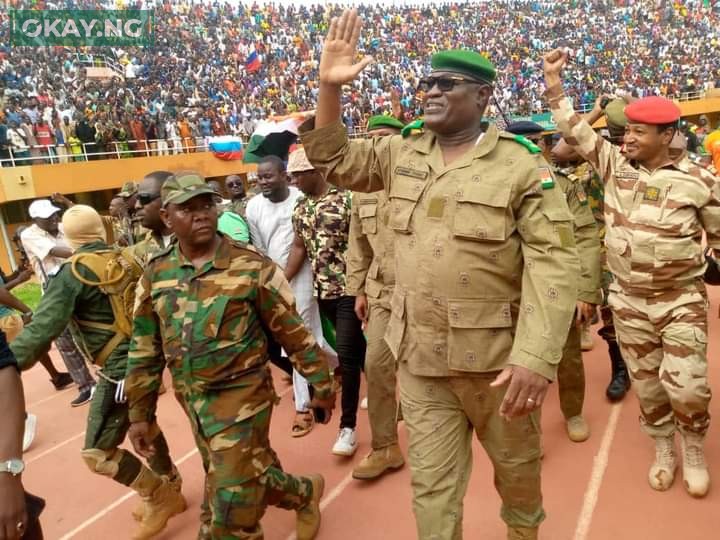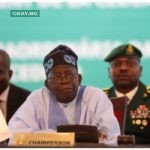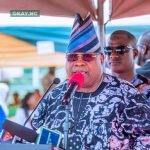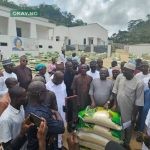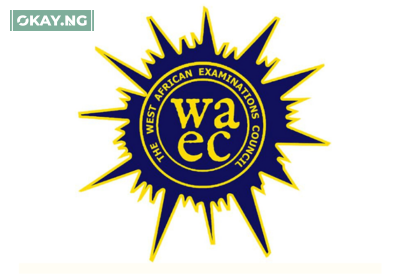The political landscape in Niger Republic has undergone a seismic shift with the establishment of a new cabinet by the military junta, following the recent ousting of the democratically elected government of Mohamed Bazoum.
The unfolding developments have cast a spotlight on the delicate balance between democracy, stability, and regional intervention in the West African nation.
In a televised broadcast on Wednesday night, Mahamane Roufai Laouali, identified as the ‘secretary general of the government,’ announced the formation of the new cabinet.
The announcement included the names of 21 ministers, a move that reveals the junta’s intentions while leaving further plans unclear.
Notably, three of the coup leaders have assumed positions within the new cabinet, with roles in defence, interior, and sports.
These appointments underscore the influence of the military junta in shaping the country’s political future.
Ali Mahaman Lamine Zeine, who was named prime minister on Tuesday, will lead the new government.
The streamlined cabinet, approximately half the size of its predecessor, reflects a reshaping of administrative structures in the wake of the political upheaval.
The timing of this announcement coincides with the Economic Community of West African States (ECOWAS) leaders’ gathering in Abuja to address the ongoing crisis in Niger.
President Bola Ahmed Tinubu of Nigeria, who serves as the chairman of the ECOWAS authority of Heads of State and Government, will spearhead discussions on the evolving political situation and recent developments in Niger during the summit.
In response to the political turmoil, ECOWAS had issued a seven-day ultimatum for the junta to reinstate the ousted President Bazoum or face potential intervention.
The expiration of this deadline on Sunday prompted speculation about the regional body’s stance on possible military intervention to restore democratic governance in Niger.
However, the proposal of military intervention, even as a last resort, has been met with criticism from various foreign nations, international organizations, and concerned individuals.


